Publications
Articles, publications, books, tools and multimedia features from the U.S. Institute of Peace provide the latest news, analysis, research findings, practitioner guides and reports, all related to the conflict zones and issues that are at the center of the Institute’s work to prevent and reduce violent conflict.
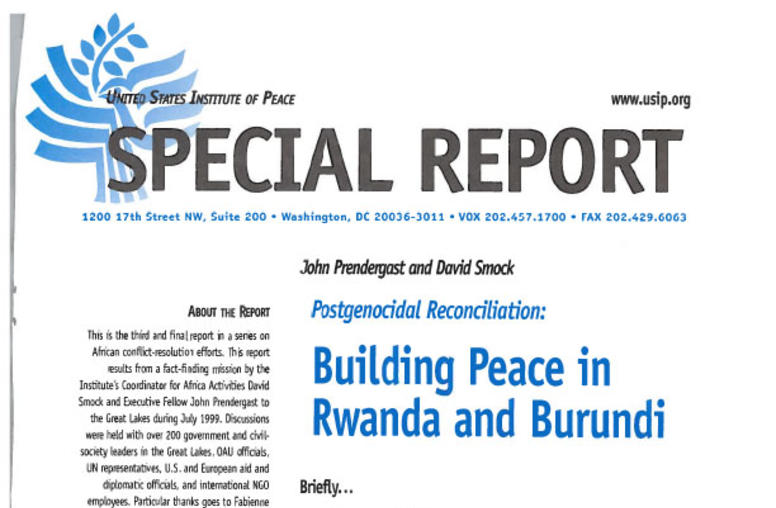
Post-Genocidal Reconciliation: Building Peace in Rwanda and Burundi
Summary Future security in both Rwanda and Burundi is closely linked to how successfully the Lusaka cease-fire agreement lays a foundation for peace in the Democratic Republic of the Congo (DRC). An effective, internationally supported disarmament and demobilization program for the Rwandan and Burundian rebel forces based in the Congo could significantly enhance security in the entire region. International support could come in part through the creation both of a Friends of Peace ...
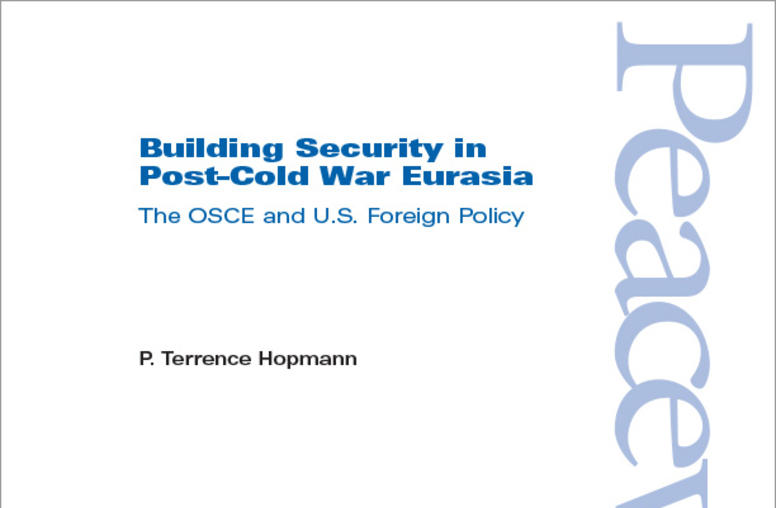
Building Security in Post–Cold War Eurasia: The OSCE and U.S. Foreign Policy
Before NATO forcefully halted Serbia's violence against ethnic Albanians in Kosovo, another European security organization was operating in the region—the Organization for Security and Cooperation in Europe (OSCE). In this report, Terry Hopmann elaborates on the conflict-management work of the organization and explores its possibilities as a complement to the United States' almost sole reliance on NATO as the principal instrument of U.S. foreign policy in trouble spots across Europe (espec...
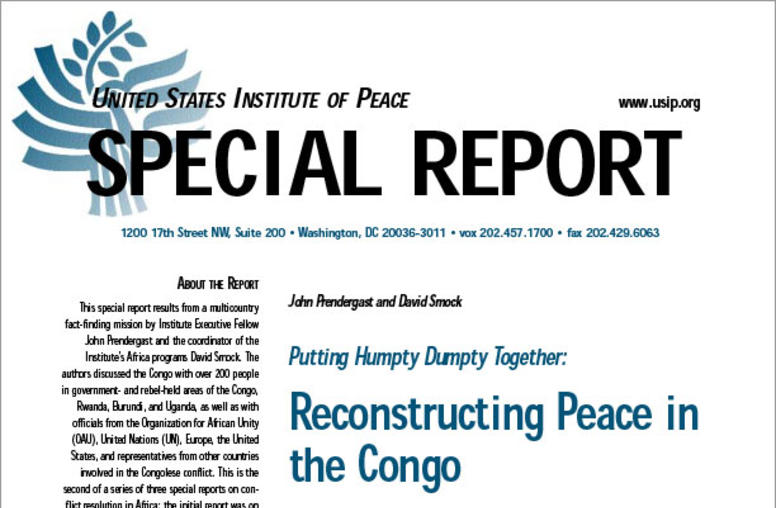
Putting Humpty Dumpty Together: Reconstructing Peace in the Congo
Summary Standing today at a crossroads between war and peace, the Congo threatens either to drag the entire Central African region into a quagmire of conflict or to provide the engine of economic reconstruction necessary for stability and democratization.
Peace Agreements: East Timor
Agreement Between the Republic of Indonesia and the Portuguese Republic on the Question of East Timor (05-05-1999) Posted by USIP Library on: August 31, 1999 Source Name: Department of Foreign Affairs of the Republic of Indonesia (For text of agreement and annex) Source URL: www.dfa-deplu.go.id/new/agreement-5may99.htm; www.dfa-deplu.go.id/new/anex-5may99.htm (For text of agreement and annex)
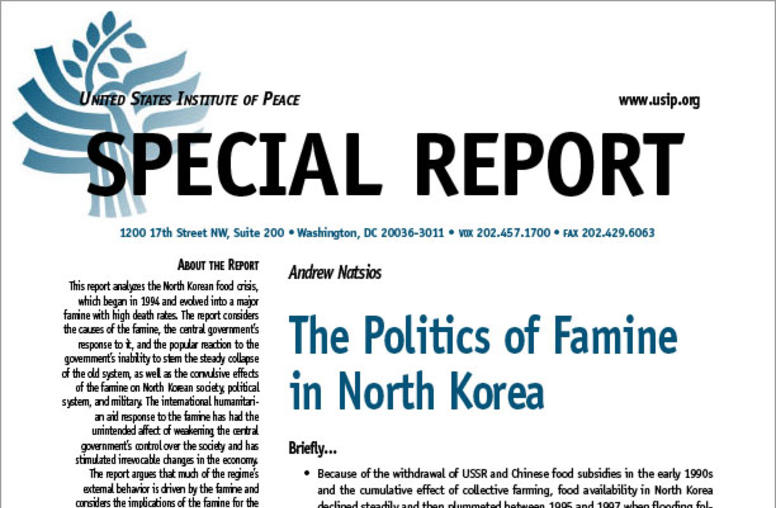
The Politics of Famine in North Korea
Summary Because of the withdrawal of USSR and Chinese food subsidies in the early 1990s and the cumulative effect of collective farming, food availability in North Korea declined steadily and then plummeted between 1995 and 1997 when flooding followed by drought struck the country. From 1994 to 1998, 2-3 million people died of starvation and hunger-related illnesses, and the famine has generated a range of social and political effects.
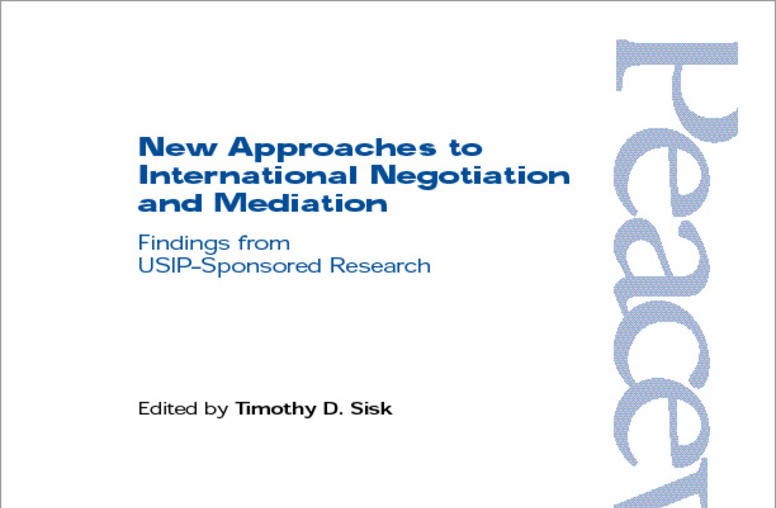
New Approaches to International Negotiation and Mediation: Finding from USIP-Sponsored Research
This report excerpts key findings from some Institute-supported research. In response to a loosely structured questionnaire, selected project directors identified the key theoretical findings of their research projects, those most likely to be of use to policymakers, and new approaches to skills training and teaching.
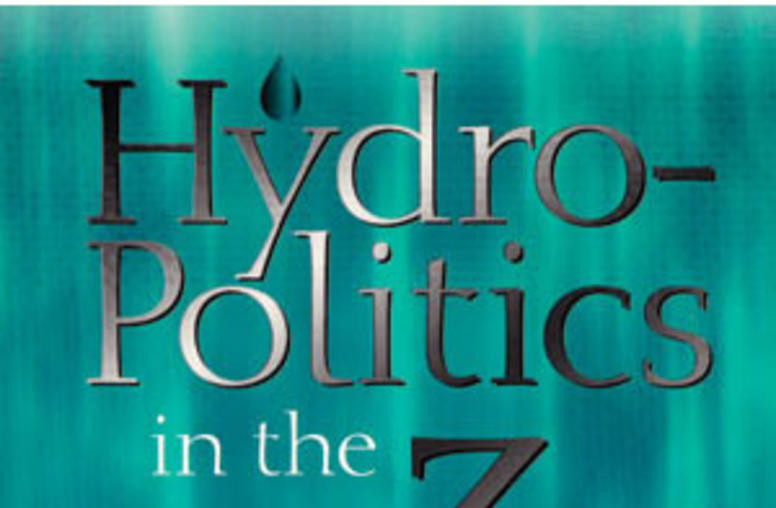
Hydropolitics in the Third World
With more than 50 percent of the world’s landmass covered by river basins shared by two or more states, competition over water resources has always had the potential to spark violence. And growing populations and accelerating demands for fresh water are putting ever greater pressures on already scarce water resources.
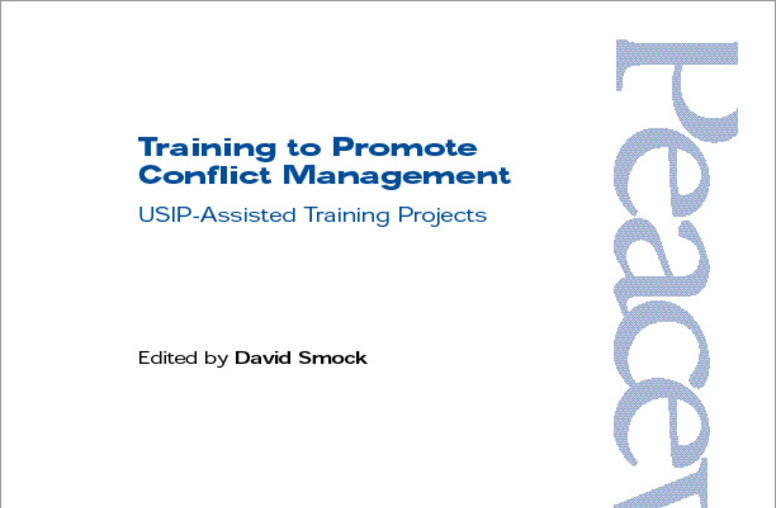
Training to Promote Conflict Management: USIP-Assisted Training Projects
The training projects described in this report took place in China, countries of the former Yugoslavia, Ethiopia, Nigeria, Somalia/Somaliland, and southeastern Europe; two other projects had worldwide scope. These projects had a variety of purposes and used training to achieve several different ends.
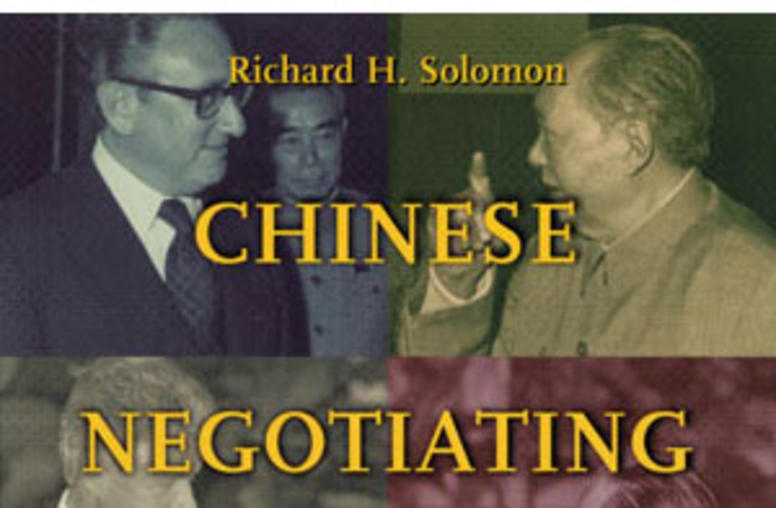
Chinese Negotiating Behavior
After two decades of hostile confrontation, China and the United States initiated negotiations in the early 1970s to normalize relations. Senior officials of the Nixon, Ford, Carter, and Reagan administrations had little experience dealing with the Chinese, but they soon learned that their counterparts from the People’s Republic were skilled negotiators.
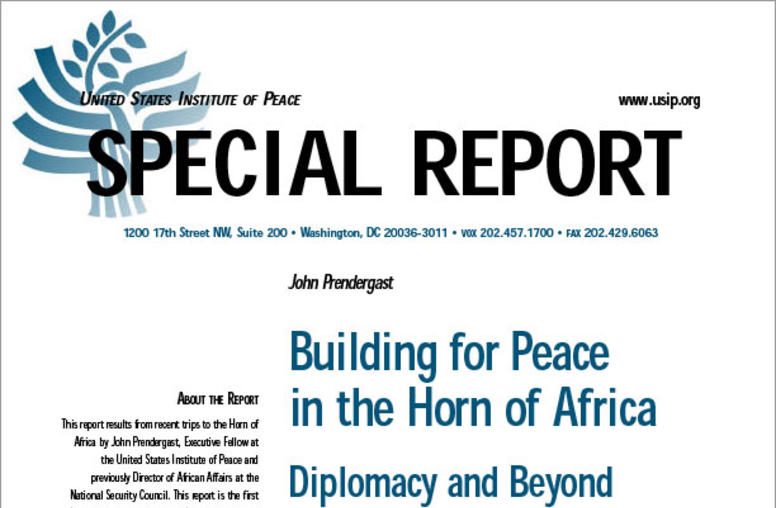
Building for Peace in the Horn of Africa: Diplomacy and Beyond
Summary Already the deadliest conflict cluster in the world, the Horn of Africa has exploded again because of the intensification of the once-improbable Ethiopia-Eritrea war. Support by Ethiopia and Eritrea for proxy militias in Somalia has reignited the Somali civil war and threatened the south with renewed famine.